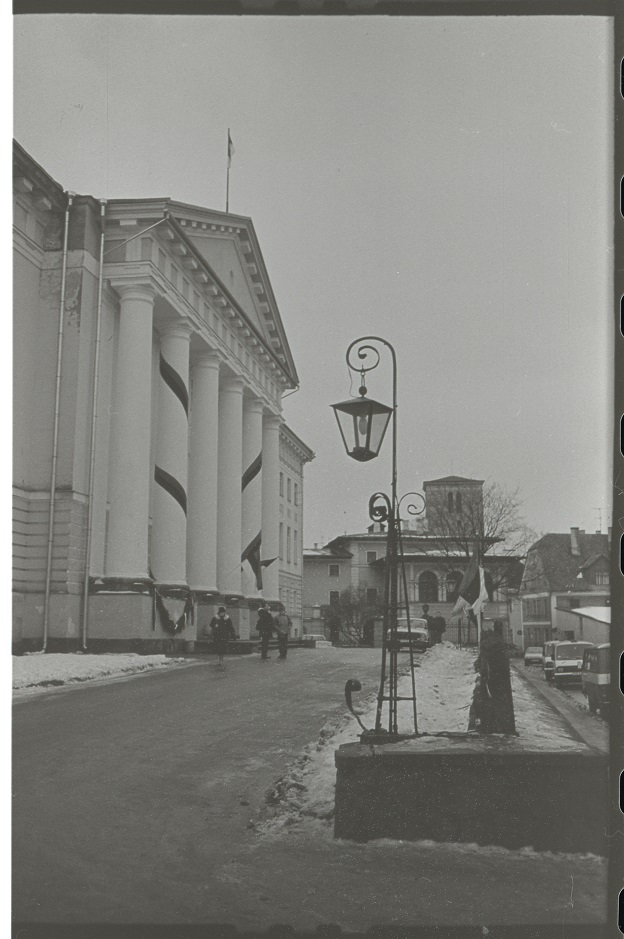Usuteaduskond eile ja täna. The Faculty of Theology yesterday and today
DOI:
https://doi.org/10.15157/tyak.v0i47.16177Abstract
For a long time, until the 1920s, the Faculty of Theology of the University
of Tartu was the only institution that offered theological education
in Estonia. Today, the number of such institutions has increased
significantly and they have a variety of denominational backgrounds.
This article gives a brief overview of the history of the faculty and
discusses developments since 1991 when the faculty was reopened
after its closure at the beginning of the Soviet period in 1940.
Since its establishment in 1632, the Faculty of Theology has had a
long tradition of educating members of the clergy for the local Lutheran
church and, in the 19th century, even for Lutheran churches
throughout the Russian Empire. This situation changed in the late
20th century and from 1991 onwards the faculty intends to offer academic
education. Besides classical Christian theology, a more neutrally
oriented program of religious studies was developed and in the
long run, the specialities were separated on all three levels of study
to allow students access to both options (academia and clergy).
The Lutheran church now has its own educational institution that
acted as a replacement for the faculty during the Soviet period. Still,
Tartu graduates have the possibility to choose the career of a Lutheran
pastor and the faculty cooperates with local churches, particularly
through the Estonian Council of Churches.
The structural reform of the university in 2016 transferred theologians
under the Faculty of Arts and Humanities, but our faculty
was allowed to keep its original Estonian name (the English version
was changed to the School of Theology and Religious Studies). The
school maintains its tradition of international cooperation that helped
a lot in building the faculty after its reopening. Even if the student
numbers are smaller than earlier this century, the main tasks of
the faculty are preserved and developed.

